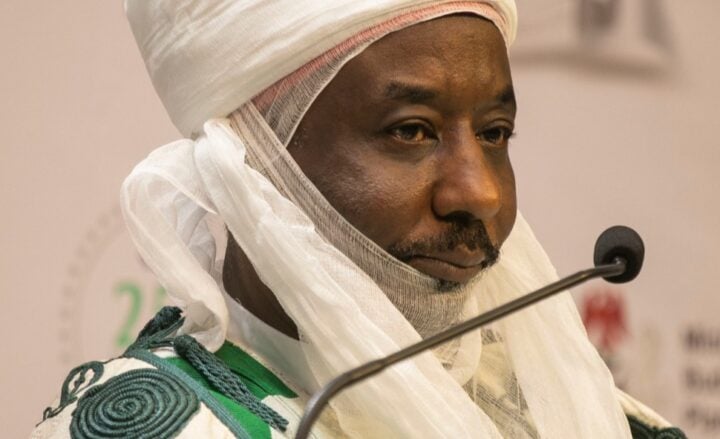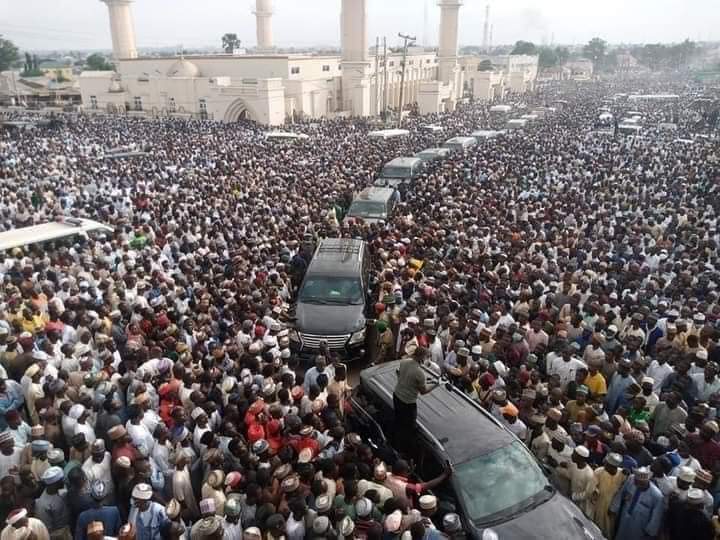Muhammadu Sanusi II, the former Emir of Kano, says Nigerians are not convinced about the increase in electricity tariffs because the government is not pushing the right narrative.
Speaking at the 5th Kaduna Investment Summit on Tuesday, Sanusi said the government is thinking of electricity from a consumption perspective.
Electricity distribution companies in the country, on September 1, began the implementation of cost-reflective tariffs across their networks.
“On tariff use and compensation, the government is not having that conversation in a manner that convinces people,” he explained.
Advertisement
“You complain about tariffs because you are thinking of it from a consumption perspective. Look at electricity as a critical import into production, productivity, earnings, as an economic resource.
“Look at how much money you can make. There is a difference between not earning a thing and not earning something, between extreme poverty and rising above the poverty line.
“People will pay anything for electricity if they knew how to earn from it. When people cry, it is because they are paying for power and earning nothing from it. If you go to a village and sell for N100 per kilowatt and the trader is making four times more with it, he will pay twice.”
Advertisement
Sanusi, a former governor of the Central Bank of Nigeria, urged the government to stop borrowing for projects.
“We need to be honest at least in the short term and medium-term and realize that the ability of the government to stir this country into the development is limited in terms of spending and its best option is to spend a lot of time on business environment reforms and invite private sector investment into these areas,” Sanusi said.
“You have to make sure your projects are linked, you don’t just build a road here, a rail line there, an airport there without knowing how they are going to translate into economic gains.
“When we build airports, it should not be because people want to fly from Abuja to Kano for a wedding.”
Advertisement
He said for Nigeria’s economy to progress, it has to be diversified.
“Why was Nigeria successful in the pre-war period, it was diversification; dynamism in the trading sector and diversity of export base. Diversity meant the country was less vulnerable in terms of trade shock driven by only one export.
“We had diversified then (pre-independence) but it was within commodity exports and from development theory over the long term, the terms of trade shift against primary exporters, and therefore any country that’s operating on a global scale need to move away and diversify not just its product base but diversify away from primary production to secondary and tertiary sectors.”
Advertisement
Add a comment




